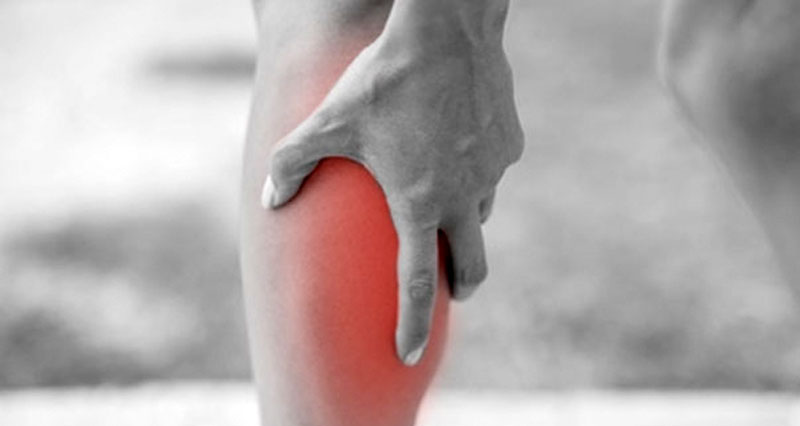Peripheral arterial disease is a prevalent condition among people who are above 50 in age. It is commonly caused by the narrowing of arteries or due to the blockage of arteries in the legs or aorta. The blockage and narrowing often happen from the hardening of the arterial walls and plaque build-ups. It reduces the blood flowing into the muscles of your thighs and calf. The reduced blood flow causes severe pain that may lead to claudication. Calf pain caused by PAD is widespread, but the pain may be experienced in the thighs and can even lead to a heart attack and chest pain.
Calf Pain Caused By PAD and Its Factors
Following are some factors that can potentially cause peripheral arterial disease leading to severe calf pain:
- If a person smokes, they are at high risk for developing peripheral arterial disease
- People with a diabetic health history are more prone to PAD
- People who are overweight give an excellent ground for PAD to develop
- High cholesterol levels and high blood pressure are one of the primary reasons
- A family history of PAD makes you more prone to this disease
- People aged above 50 and the female gender are more likely to develop PAD
Prevention from PAD
The hardening of arteries is not only the cause of calf pain but also damages the blood vessels leading to the brain and the heart. Hence, it is essential to know how to prevent such a condition. Following are some tips to prevent peripheral arterial disease from developing:
- A person suffering from high blood pressure should treat it properly and control it.
- If you have a high cholesterol level, it is recommended that you lower your LDL cholesterol as prescribed by the doctor. You should also integrate low-cholesterol and low-fat food into your diet.
- If you have a low cholesterol level, it is recommended that you increase your HDL cholesterol as prescribed by the doctor.
- It is recommended that you lower the fats in your body.
- You should maintain an average weight as per your BMI.
- Increasing physical activity is highly recommended. However, it should be balanced with rest. It will help to improve the circulation in one’s body.
- Blood sugar levels need to be monitored and controlled if you have diabetes.
Avoid Nicotine Intake
Tobacco and nicotine intake should be avoided, and the person should quit smoking as this habit will not only contribute to the narrowing of your arteries but will also reduce the ability of your red blood cells to carry oxygen. It will eventually lead to clotting and blockage.
Take Care of Your Feet
Taking care of your feet should be a priority. When a person’s circulation slows down, the tissues take longer to heal, so you should focus on any injuries or scars on your feet. Proper shoes and socks need to be worn.
Proper Medication
Proper medication should be taken if the doctor prescribes it. For example, aspirin is a medicine that helps prevent clotting in your blood, cilostazol is prescribed to enlarge and dilate the affected arteries, and pain relievers and cholesterol-controlling drugs need to be taken. A person should not stop taking these medicines without consulting with their doctor.
If calf pain due to peripheral arterial disease prevails despite the treatment and keeps causing discomfort, you should contact your healthcare provider. Surgeries can be performed in extreme scenarios.




